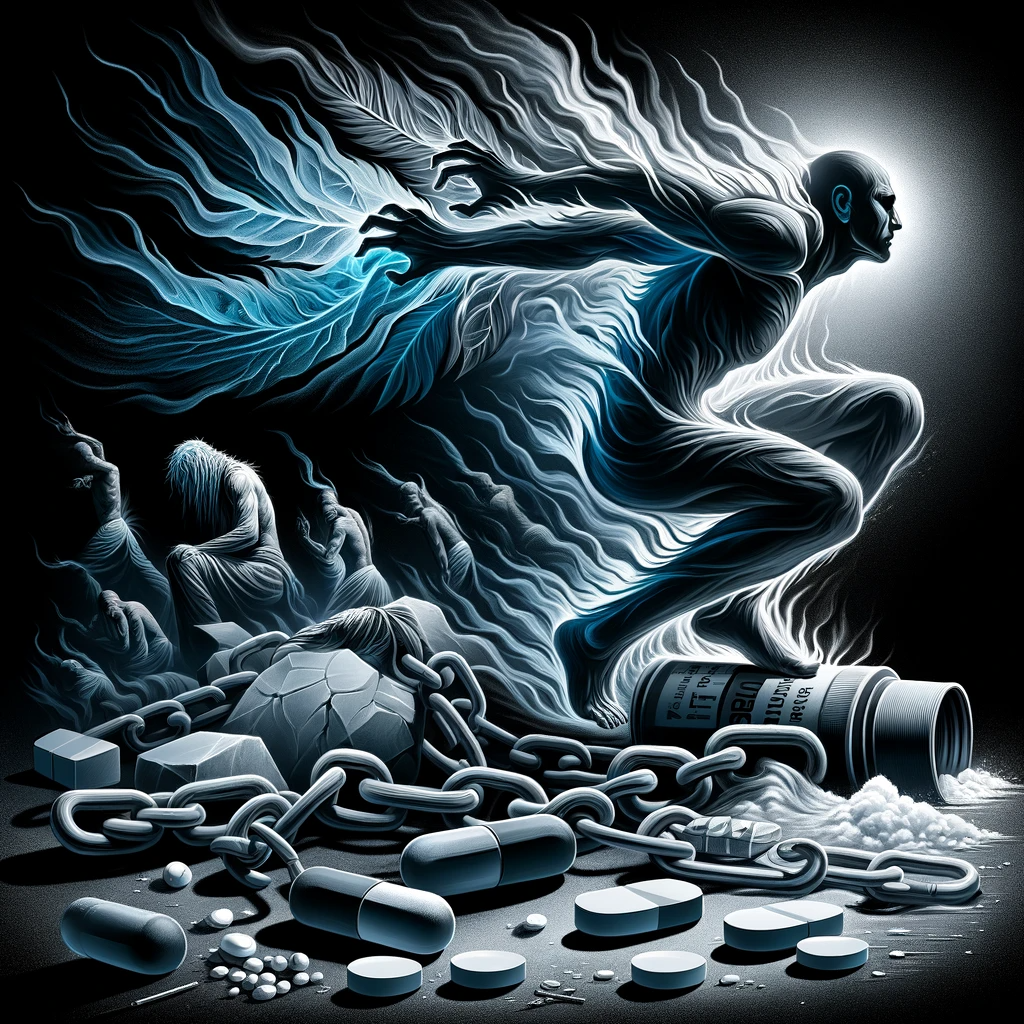
Quitting heroin cold turkey, which means abruptly stopping the drug without tapering off or seeking medical assistance, is a highly challenging and often dangerous approach to addiction recovery. Heroin, a powerful opioid, causes significant physical dependence, and quitting suddenly can lead to severe withdrawal symptoms and potential health risks. This comprehensive essay explores the process of quitting heroin cold turkey, including the withdrawal symptoms, risks involved, alternative treatment options, and strategies for support and recovery.
Understanding Heroin Withdrawal
When an individual stops using heroin abruptly, the body, having become accustomed to the drug’s presence, begins to experience a range of withdrawal symptoms. These symptoms can start within a few hours of the last dose and may include:
- Physical Symptoms: Muscle aches, excessive sweating, runny nose, insomnia, and fever.
- Gastrointestinal Issues: Nausea, vomiting, diarrhea, and abdominal cramps.
- Neurological Symptoms: Agitation, anxiety, depression, and intense cravings for the drug.
Withdrawal symptoms can peak within 48 to 72 hours and may last for a week or more, varying in intensity depending on the duration and intensity of the heroin use.
Risks of Quitting Cold Turkey
Quitting heroin cold turkey is fraught with risks, both physical and psychological:
- Severe Withdrawal Symptoms: Without medical supervision, withdrawal symptoms can be intensely painful and distressing, increasing the risk of relapse.
- Dehydration and Malnutrition: Vomiting and diarrhea can lead to dehydration and malnutrition, complicating the withdrawal process.
- Mental Health Risks: The psychological impact of withdrawal can exacerbate underlying mental health issues, leading to increased anxiety, depression, or even suicidal thoughts.
- Relapse and Overdose Risk: The intense cravings experienced during withdrawal can lead to relapse. A lowered tolerance after a period of abstinence increases the risk of overdose.
Alternative Treatment Options
Given the risks associated with quitting cold turkey, several safer and more effective treatment options are available:
- Medically Supervised Detoxification: A medical detox provides supervision by healthcare professionals who can manage withdrawal symptoms and complications.
- Medication-Assisted Treatment (MAT): MAT involves the use of medications like methadone or buprenorphine to reduce cravings and withdrawal symptoms, facilitating a more gradual withdrawal from opioids.
- Inpatient Rehabilitation Programs: These programs offer a structured environment for detox and recovery, including therapy and support for underlying issues contributing to addiction.
- Outpatient Treatment Programs: For those who cannot commit to an inpatient program, outpatient treatment offers flexibility while providing access to medical care and therapy.
Support and Recovery Strategies
Recovery from heroin addiction is a long-term process that extends beyond the initial withdrawal phase. Key strategies to support recovery include:
- Therapy and Counseling: Engaging in individual or group therapy can help address the psychological aspects of addiction, including triggers and coping strategies.
- Support Groups: Participation in support groups like Narcotics Anonymous (NA) can provide a sense of community and shared experience that is vital for recovery.
- Lifestyle Changes: Adopting healthy lifestyle changes, such as regular exercise, a balanced diet, and stress management techniques, can support overall well-being and recovery.
- Building a Support Network: Having a strong support network of family, friends, and healthcare professionals is crucial for encouragement and accountability.
The Importance of a Comprehensive Approach
Quitting heroin cold turkey underscores the importance of a comprehensive approach to addiction treatment. Recovery involves addressing not just the physical dependence but also the psychological and social factors contributing to addiction. A combination of medical treatment, therapy, and support can offer the best chance for a successful and sustained recovery.
Conclusion
Quitting heroin cold turkey is an extremely challenging and potentially dangerous endeavor. The physical and psychological impacts of withdrawal can be severe, highlighting the need for professional medical assistance and support. By opting for medically supervised detoxification, medication-assisted treatment, and comprehensive therapy, individuals struggling with heroin addiction can embark on a safer, more effective path to recovery. Recovery is not a journey that one should undertake alone; support, compassion, and understanding from loved ones and professionals can make a profound difference in navigating the challenges of overcoming addiction.


